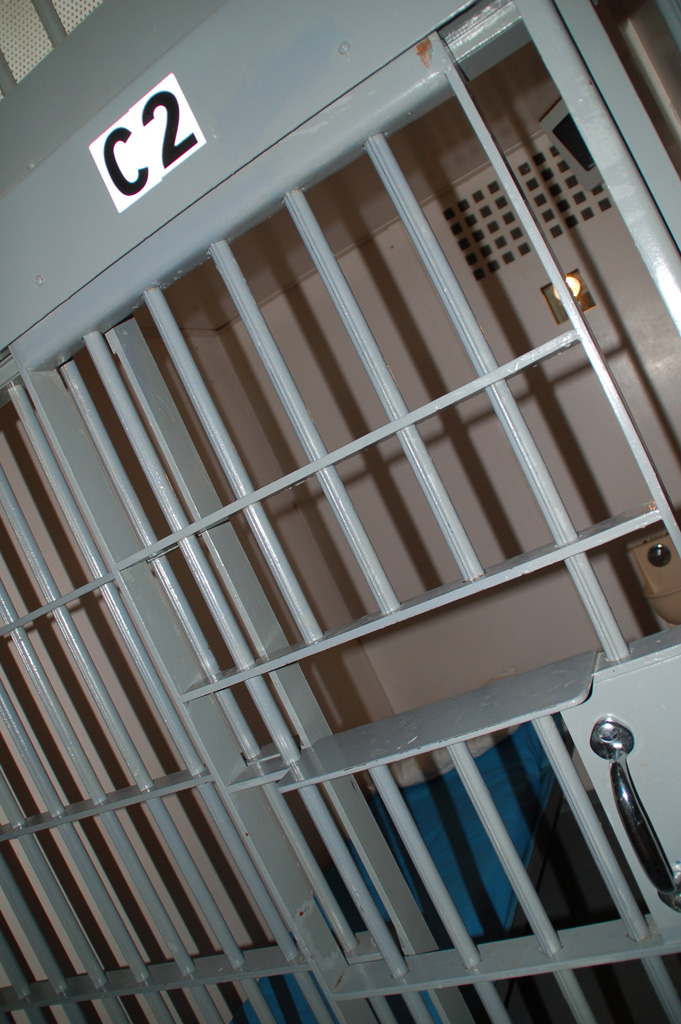After the 15th Amendment was passed, giving blacks the constitutional right to vote, Southern states enacted Jim Crow laws, designed to keep blacks from actually voting. These laws included disingenuous literacy tests and poll taxes, which served as illegal but thankfully temporary impediments for black voters. One of the few ways that states found they could legally keep at least some blacks from voting, however, was to enact felon disenfranchisement laws. These laws say that after a felon has served his time in prison, he still cannot vote. Although African-Americans represent only about 12.5% of America’s population, they make up about 48.5% of its prison population. So, felon disenfranchisement laws, which are at best arguably constitutional, have proved an effective method of suppressing the black vote.
Virginia is one of only two states in the U.S. that permanently bars ex-felons from voting, even after they have paid their debt to society (the other is Kentucky). In Virginia alone, there are more than 377,000 disenfranchised felons. Of these, more than 208,000 are African-American.This is an abomination. Virginia’s laws must be changed. [Read more…] about Op Ed: Take Jim Crow Out of the Virginia Constitution: Restore Voting Rights for All
 historical tradition of voting restrictions against felons, dating to well before the Constitution was ratified. Section 2 of the 14th Amendment explicitly acknowledges the practice of criminal disenfranchisement (and, to a degree, endorses it by not penalizing states during Congressional reapportionment for denying the franchise to those guilty of “participation in rebellion, or other crime”).
historical tradition of voting restrictions against felons, dating to well before the Constitution was ratified. Section 2 of the 14th Amendment explicitly acknowledges the practice of criminal disenfranchisement (and, to a degree, endorses it by not penalizing states during Congressional reapportionment for denying the franchise to those guilty of “participation in rebellion, or other crime”).
